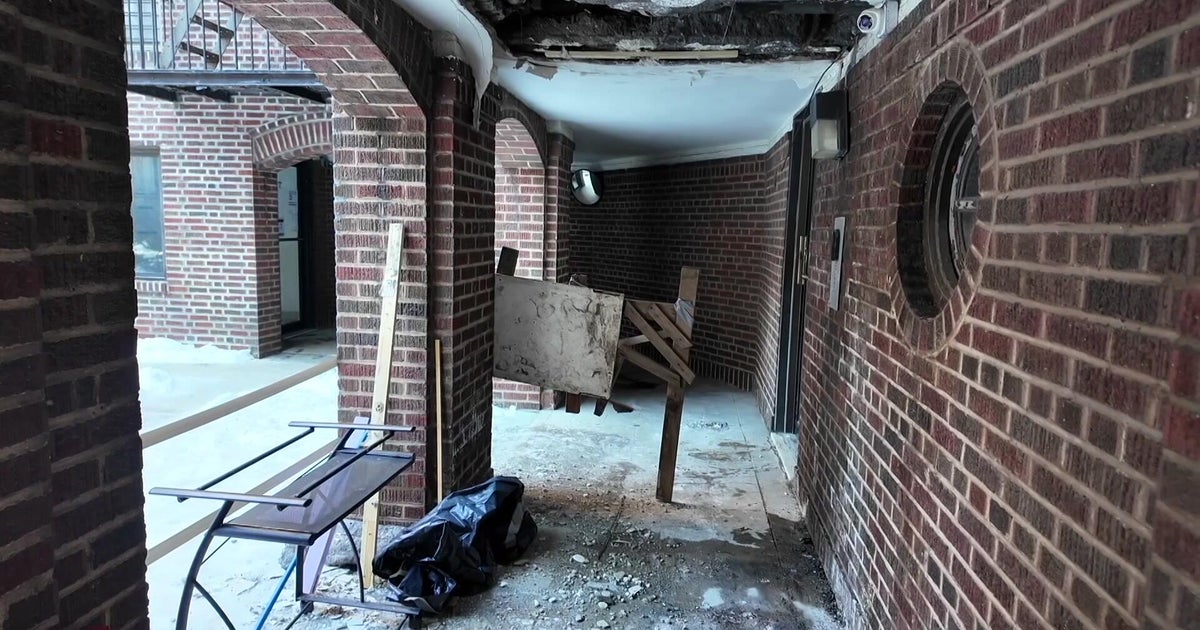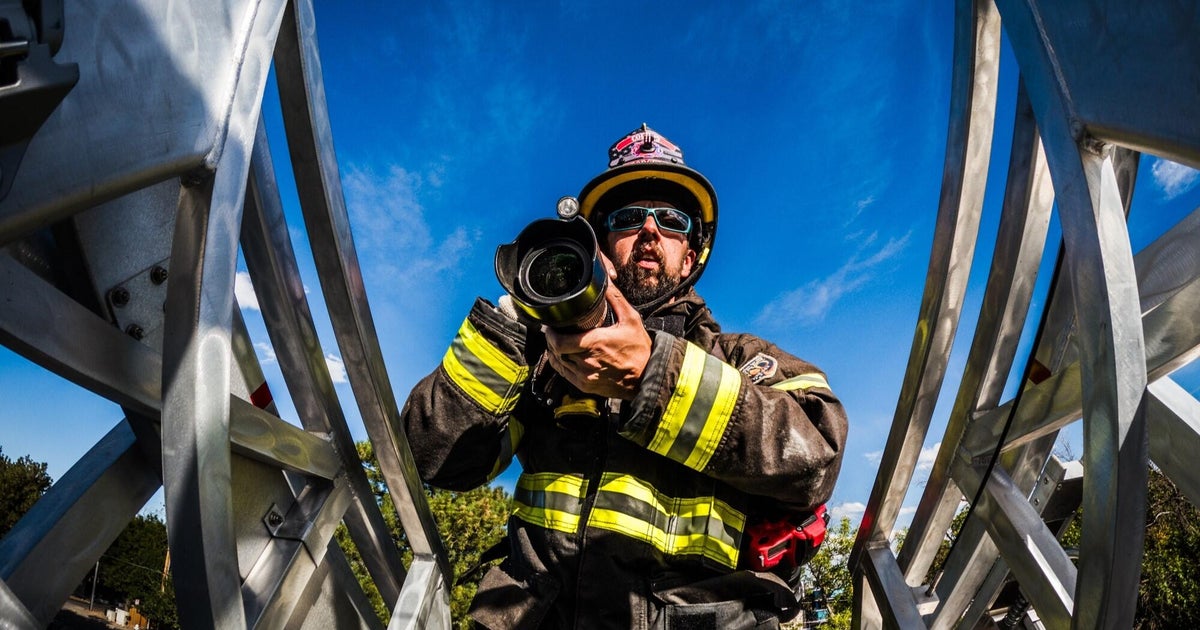Rural Alabama community faces wastewater crisis
Lowndes County, Alabama — A hidden crisis is threatening the lives of the most vulnerable communities in the country. Many are living without things that most take for granted: running water, indoor plumbing and sanitation.
The $1.2 trillion infrastructure bill that President Biden signed into law in November provides nearly $12 billion to fix the problem. That funding is desperately needed in rural Alabama.
"When there is a lot of rain, you cannot flush the toilet," Perman Hardy, who lives in Lowndes County, Alabama, told CBS News.
If the toilet is flushed, sewage would be on the floors of Hardy's house.
In the unincorporated areas of this county, where Martin Luther King Jr. famously led a march from Selma to Montgomery, there's no municipal sewage system. An estimated 80% of households have no adequate septic system either.
Raw sewage regularly flooded Kenneth Gordon's 83-year-old mother's house.
"It backs up in the shower, backs up in the tub," Gordon told CBS News.
Gordon had to move his mother out of her home, saying that he was "very concerned about her health."
Untreated sewage can lead to bacterial infections and intestinal parasites. The only solution is a new system, but the area's hard clay soil requires specially designed septic systems that can cost as much as the median household income in Lowndes County.
That's why Hardy and Sherry Bradley of the Alabama Department of Public Health are taking matters into their own hands. The two created the Black Belt Unincorporated Wastewater Program, raising $700,000 in donations to install working systems. Qualifying residents make a one-time down payment, then pay a $20 monthly fee.
"Every time it rains, people, they know what might happen. They know that sewage may shoot out and come back in their house," Bradley told CBS News.
One of the new septic systems was installed at Gordon's mother's home.
"It's a great day," Earnestine Gordon said.



